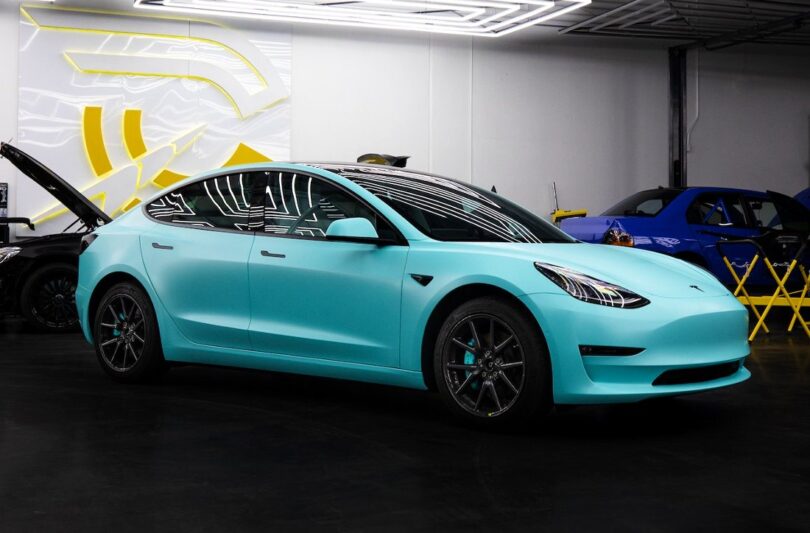In today’s society, where concerns about climate change and environmental degradation weigh heavily on our minds, finding sustainable transportation solutions has become an urgent priority. Popular among eco-conscious drivers, electric vehicles (EVs) have emerged as a promising alternative to traditional internal combustion engine (ICE) vehicles, bringing with them a host of environmental benefits. From reducing greenhouse gas emissions to curbing air and noise pollution, EVs are propelling us towards a greener future. Here’s a closer look at how electric vehicles are making a positive impact on our environment.
Zero Tailpipe Emissions: A Breath of Fresh Air
When it comes to reducing harmful emissions, electric vehicles are the champions. Unlike their gasoline-powered counterparts, EVs run on electricity stored in batteries, resulting in zero tailpipe emissions. This means they don’t spew out pollutants like carbon dioxide (CO2), nitrogen oxides (NOx), or particulate matter (PM) that contribute to air pollution. By mitigating these emissions, EVs play a vital role in improving urban air quality and promoting the health and well-being of individuals living in densely populated areas.
Lower Greenhouse Gas Emissions: Driving Climate Action
Transportation is a major contributor to global greenhouse gas (GHG) emissions, which are the primary drivers of climate change. Electric vehicles offer a cleaner solution by substantially reducing carbon emissions. Even when charged using electricity from coal-fired power plants, EVs still emit fewer greenhouse gases compared to their gasoline counterparts. As we continue to transition to cleaner energy sources, the carbon footprint of EVs diminishes even further. By embracing electric vehicles, we can contribute to global climate goals and reduce our reliance on fossil fuels, fostering a more sustainable future for generations to come.
Energy Efficiency and Resource Conservation: Driving Smarter
Electric vehicles excel in energy efficiency compared to internal combustion engine vehicles. Traditional cars convert only a fraction of the energy from gasoline into motion, typically around 12-30%, while EVs boast an impressive energy efficiency rate of 77-90%. This efficiency stems from the direct transmission of electricity to the wheels, bypassing the energy losses inherent in combustion engines. Additionally, EVs generally have fewer moving parts, resulting in reduced maintenance requirements and longer lifespans. By prioritizing energy efficiency and minimizing resource consumption, electric vehicles contribute to a more sustainable automotive industry.
Renewable Energy Integration: Powering the Future
The growth of electric vehicles aligns harmoniously with the increasing adoption of renewable energy sources. As more solar, wind, and hydroelectric power capacity are integrated into the grid, the charging of EVs relies increasingly on clean energy. This symbiotic relationship between electric vehicles and renewable energy sources facilitates the creation of a sustainable and circular energy ecosystem. By reducing dependence on non-renewable resources, we can hasten the transition towards a low-carbon economy and a greener planet.
Noise and Vibrations Reduction: Silence is Golden
In addition to their environmental benefits, electric vehicles also help to mitigate noise pollution. Unlike conventional vehicles with internal combustion engines that produce significant noise and vibrations, EVs operate quietly and smoothly. This reduction in noise pollution contributes to a more tranquil and enjoyable urban environment, enhancing the quality of life for both residents and pedestrians.
So, as you can see, as we face the urgent challenges posed by climate change and environmental degradation, electric vehicles present a significant step forward in sustainable transportation. Through their zero tailpipe emissions, lower greenhouse gas emissions, energy efficiency, integration with renewable energy, and noise reduction, EVs offer a compelling solution for a greener future. By embracing electric vehicles, we actively contribute to a cleaner and healthier planet, where mobility and environmental preservation go hand in hand. Let us unite in driving towards a greener future and embrace electric vehicles as the key to sustainable mobility solutions. Together, we can make a profound difference for our planet and future generations.
Photo credit: Auto Records








